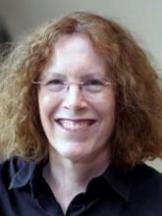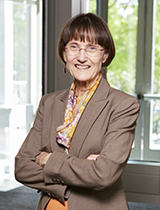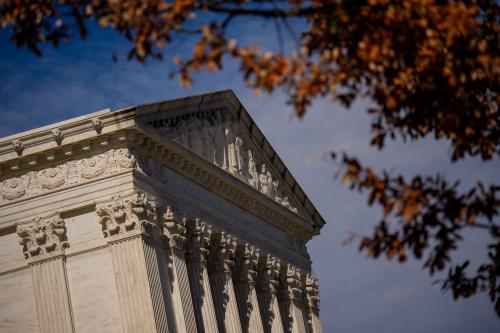

10:00 am EST - 11:30 am EST
Past Event
10:00 am - 11:30 am EST
1775 Massachusetts Avenue N.W.
Washington, DC
20036
The Supreme Court’s decision in Citizens United v. Federal Election Commission has provoked passionate debate about the proper role of corporations in American democracy among academics, policymakers, and the public alike. From judicial opinions to news commentary, many have opined on the nature of corporate rights and responsibilities. However, many people have made assertions about the history of the corporation in the United States that are outdated at best, and all too often lack scholarly foundation. The historical background missing from these debates is outlined in a recent book by 14 leading historians. “Corporations and American Democracy” explores the complicated story of the corporation’s place in American society from the founding era to the present and traces how corporations have both created and addressed the problems of democracy over time.
On November 15, Brookings convened several of the book’s editors and contributors for a conversation about the relationship between corporations and American democracy. What is the corporation’s place in American society? What are the risks and opportunities corporations pose to democracy?
After the session, panelists took audience questions.
10:00 am - 10:05 am

10:05 am - 11:30 am
Moderator

Panelist





Tom Wheeler
February 9, 2026

John Villasenor
January 27, 2026

Nicol Turner Lee, Josie Stewart, Carolina Oxenstierna
December 9, 2025